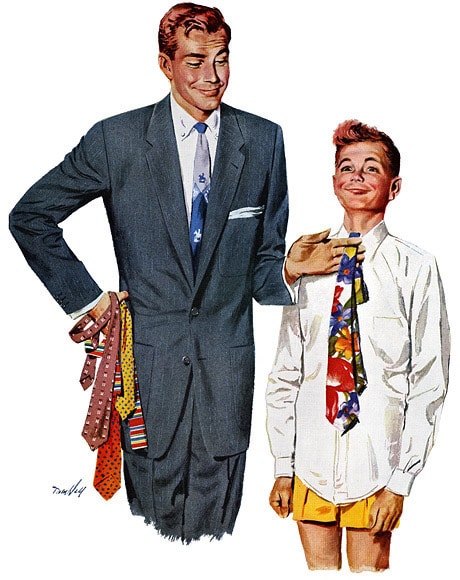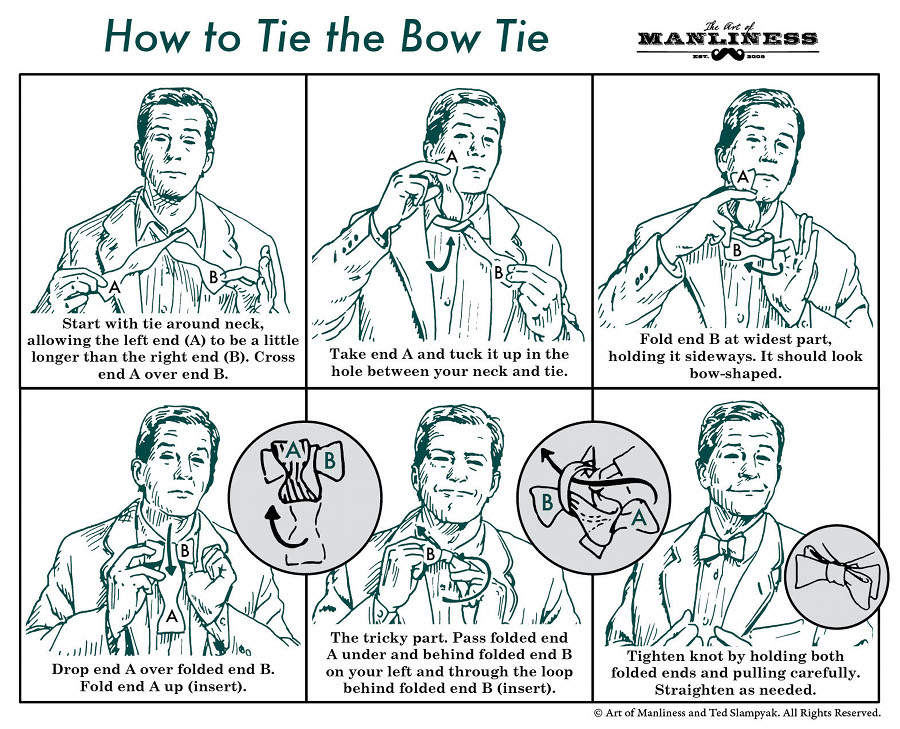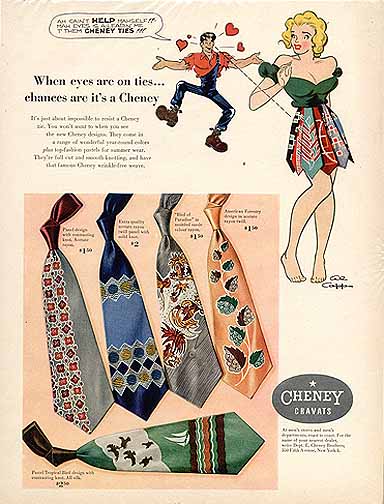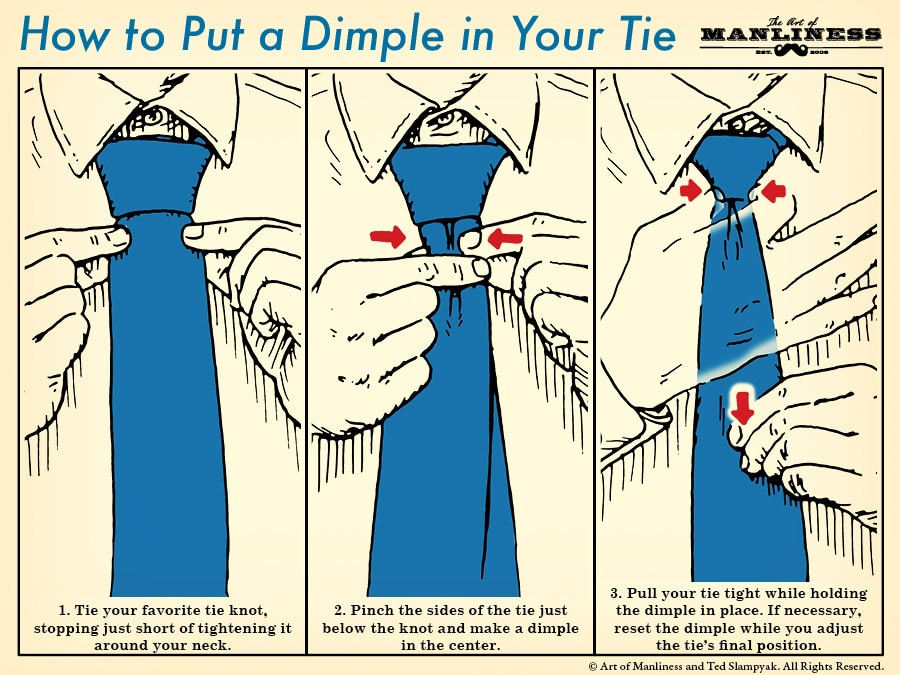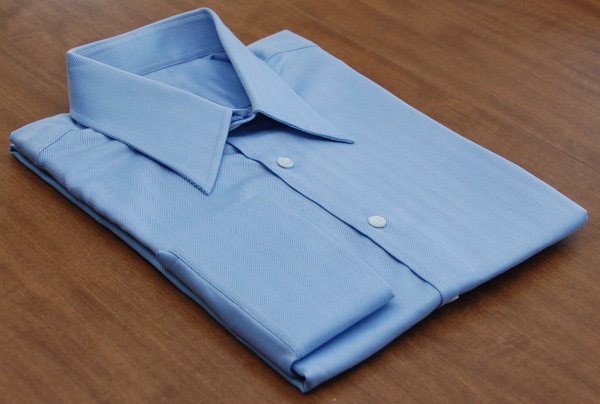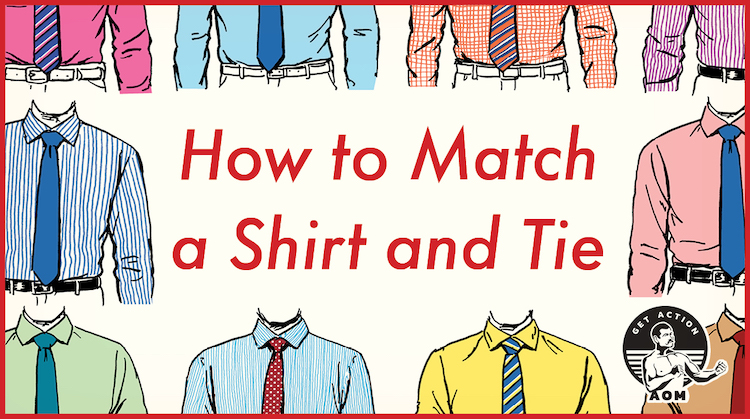
You may not wear a tie very often, and when you do, you’re likely apt to layer it over a white dress shirt and call it good.
That’s certainly a safe option.
But it’s also a rather boring one.
A lot of guys are intimidated by the idea of mixing different color/pattern ties with different color/pattern shirts. But once you learn some basic guidelines, it’s not so difficult to do, and can result in your making a much more stylish and striking impression.
Here’s how to work your way up with mixing shirts and ties, from the easiest combos to more advanced pairings:
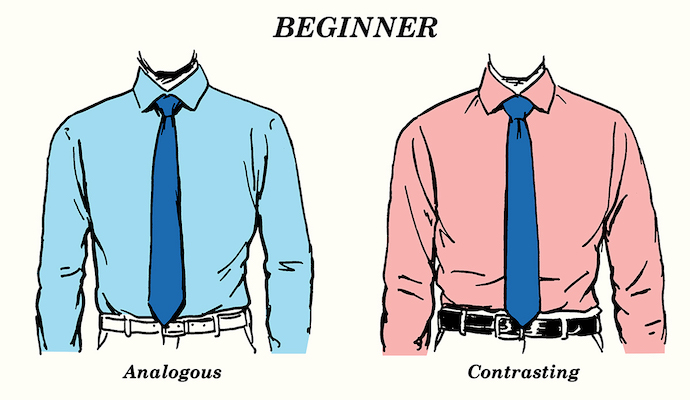
Beginner: Match solid shirts with solid ties. Use analogous colors, contrasting shades of the same color, like a light-blue shirt with a dark-blue tie, or two contrasting colors, like a light-pink shirt with a navy-blue tie.
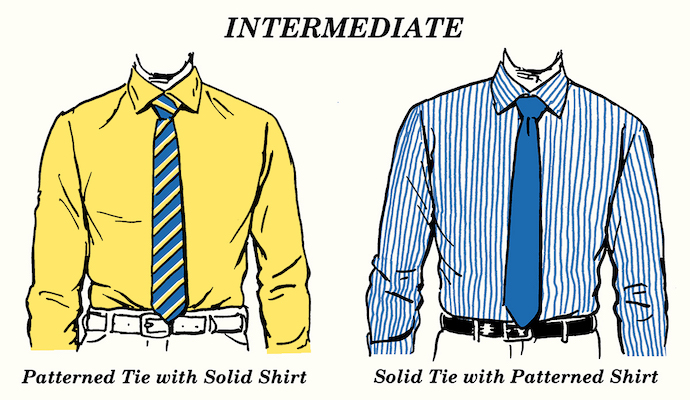
Intermediate: Match a patterned tie with a solid shirt or vice versa. The trick is to make sure there is a unifying or matching color between the shirt and tie.
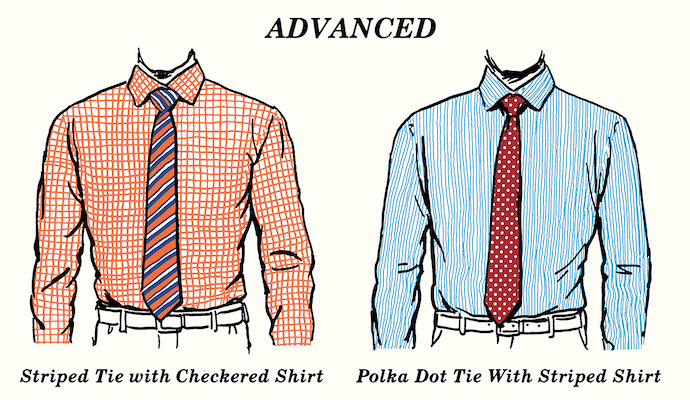
Advanced: Match a patterned tie with a patterned shirt using these rules of proper contrast: One, when mixing the same pattern styles, make sure they contrast in size, e.g., pair a broad-striped tie with a thin-striped shirt. Two, you can mix two different patterns that have a similar scale, e.g., a small-polka-dotted tie with a thin-striped shirt, but avoid combinations where both shirt and tie have a small pattern size that blends the two pieces together, e.g., don’t match a tie with tiny polka dots with a shirt that has a tight plaid pattern. Three, ensure there is a unifying or matching color between the tie and shirt.


